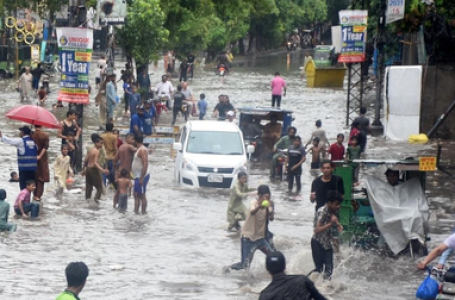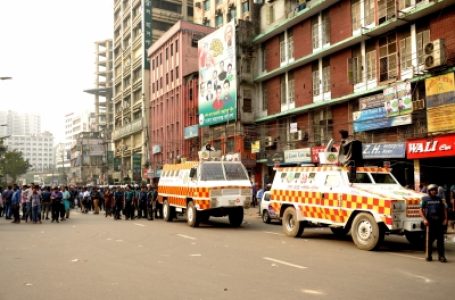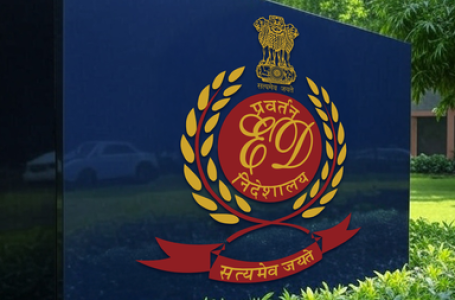Feb 3, 2020
Rome: The number of people needing food aid in the Central Sahel has risen sharply over the past year to over three million and the situation owing to growing insecurity and climate shocks, the United Nations said on Monday, urging nations to prevent the situation getting worse.
“We are seeing a staggering rise in hunger in the central Sahel. The number of food insecure people has doubled after harvest time, when it should have dropped,” said Chris Nikoi, Regional Director for the UN World Food Programme in West and Central Africa.
“Unless we act now, a whole generation are at risk,” he underlined.
Despite satisfactory agricultural production, 3.3 million people need immediate aid in the Central Sahel and face a critical lack of food and livelihood opportunities WFP, the UN Food and Agriculture Organisation of the United Nations and the UN Children’s Fund (UNICEF) said in a joint statement.
Experts forecast that close to 4.8 million people in the Central Sahel face hunger during the lean season between June and August this year if the international community fails to take urgent action, according to the statement.
The unprecedented escalation of humanitarian needs in the Central Sahel is a major driver of hunger in the West Africa region, where the number of hungry people could rise to 14.4 million – the highest level since 2012 – said the statement.
Of greatest concern are Burkina Faso, Mali, and Niger, where conflict and its impacts on communities have become the main cause of food scarcity. The three countries are experiencing a rise in the number of security incidents, including attacks by armed groups and local conflicts that often force people to flee their homes, the statement said.
In Burkina Faso, the number of internally displaced people has risen six-fold since January 2019 when it stood 90,000. Widespread insecurity is significantly hindering the prevention and treatment of acute malnutrition among mothers and young children. Nutrition among children under five in the country has sharply deteriorated, according rapid nutrition assessments carried out in municipalities with high numbers of IDPs.
Throughout the region, climate change is disrupting already fragile livelihoods and causing early departures of transhumance herds. Meanwhile armed and community conflicts, theft, and banditry are worsening the situation. These security threats disrupt the mobility of animal herds, access to fodder and water resources and cause a concentration of animals in some of the more secure areas, which can stoke farmer-pastoralist conflicts.
Overall, the increasing vulnerability of rural populations, a lack of security and conflict over resources, are weakening social cohesion among communities and deepening the crisis in the Sahel long-term.
To reinforce social cohesion and lay the foundations for peace in the region, emergency humanitarian assistance must go hand in hand with substantial investments in rural livelihoods and social services, the statement said.
“Unless we address these crises at their roots, millions of vulnerable pastoralists and agro-pastoralists will continue requiring urgent assistance each year, as it was in 2019 and as it will be in 2020,” said Robert Guei, FAO Sub-regional Coordinator for West Africa.
Household food scarcity compounded by population displacement, limited access to health services and safe drinking water, as well as poor knowledge on optimal child feeding practices will have a serious impact on child nutrition. The ability of communities to bounce back from adversity will also be harmed if nothing is done now to make sure young children are adequately nourished and to prevent life-threatening acute malnutrition, the statement warned.
“The conflict in the Central Sahel is a cascading crisis sweeping across the region, putting a whole generation of children at risk. Hundreds of thousands of children are deprived of education, vulnerable to exploitation and at risk of malnutrition,” said Marie-Pierre Poirier, Regional Director for UNICEF.
“Children and young people continue to pay the highest price for a crisis not of their making. We need to act now with partners to avert a tragedy,” he added.
For clarifications/queries, please contact IANS NEWS DESK a













